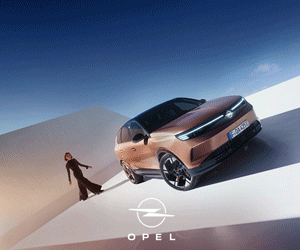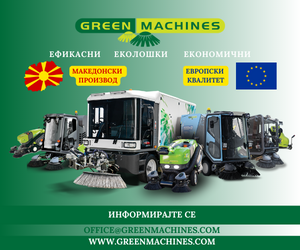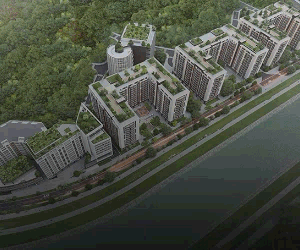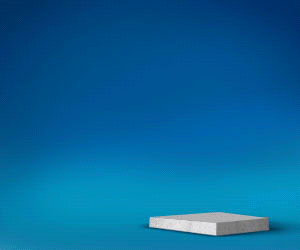The U.S. President does not support Tesla building cars in India, the world’s third-largest car market. Foreign brands, however, only compete for about a third of overall demand—and total EV sales are vestigial, growing to just 100,000 vehicles last year.
President Donald Trump warned Elon Musk he would not take kindly to seeing one of his administration’s chief advisors build a manufacturing plant in India. The Tesla CEO met Indian Prime Minister Narendra Modi last week amid speculation the country could lower tariffs on imported cars, potentially paving the way for Tesla to launch in India. Local media reports suggested Tesla could enter the market in April, selling vehicles shipped from its factory in Germany. Musk, thus far, has avoided India. At just 100,000 EVs sold last year, demand for high-tech cars like a Tesla isn’t remotely large enough to support local manufacturing and punitive duties that can double the cost of a premium-priced car.
“If he built the factory in India…that’s unfair to us,” said Trump, who only last week claimed he had Musk under tight control. “It’s very unfair.” Tesla did not respond to a Fortune request for comment. On paper, the Indian passenger-car market remains highly attractive thanks to its young, growing population. With 4 million passenger cars sold last year, only China and the United States are larger. Trump can rest easy for now. While a market entry is only a matter of time, it’s likely Tesla will first dip its toes in to test the waters. Reuters reported sales showrooms are for now only being set up in Delhi and Mumbai, the country’s respective political and financial capitals.
Tesla growth grinds to a halt


A full-scale Tesla factory is unlikely. That’s been the case for the nearly two years since Musk spoke of the need to expand Tesla’s production network. In March 2023, Tesla announced at its investor day it would soon start construction on a factory in Mexico and likely name a second new site by year’s end. With speculation settling on India, government officials from Delhi held backroom talks to finalize the terms of a local investment. Later in 2023, however, it became clear Tesla needed no further capacity as enthusiasm for EVs rapidly cooled, in part due to painfully high interest rates. In October, Musk put the plans for Mexico on ice, and a month later, he skipped a personal meeting with Modi that could have sealed the deal. The following year, Tesla suffered a small yet historic decline in car sales that revealed customers were far more hesitant to purchase from Musk. Entering India could provide a much-needed boost, but it would come with a lot of problems.
India’s drawbacks
India traditionally has been a very difficult nut for Western auto brands to crack. For one thing, it is dominated by local brands like industry leader Maruti, which controls over 40% of the overall market and is now majority-owned by Japan’s Suzuki Motors. Foreign brands compete over the remaining third of the pie left over after domestic carmakers take their share.
Pressed about the threat posed by Tesla, Mahindra Group’s Anand Mahindra appeared relaxed. “We have been asked similar questions ever since the opening up of the Indian economy in 1991,” wrote the chairman, whose company makes the Mahindra XUV 400 electric offroader. “But we’re still around.” Demand also skews heavily toward small, low-cost cars like the Tata Punch, which offers a bare minimum of in-car tech, creature comforts, and even safety features. Passenger-side airbags only became standard three years ago following a government mandate. Poor roads—still common outside major cities like Delhi and Mumbai—combined with high import duties and non-tariff barriers do the rest. As a result, premium brands like Mercedes-Benz and BMW each sold fewer than 20,000 new cars last year in India. “India is a very hard place to do business because of the tariffs,” Trump said last week. “They have the highest tariffs, just about in the world.”



































